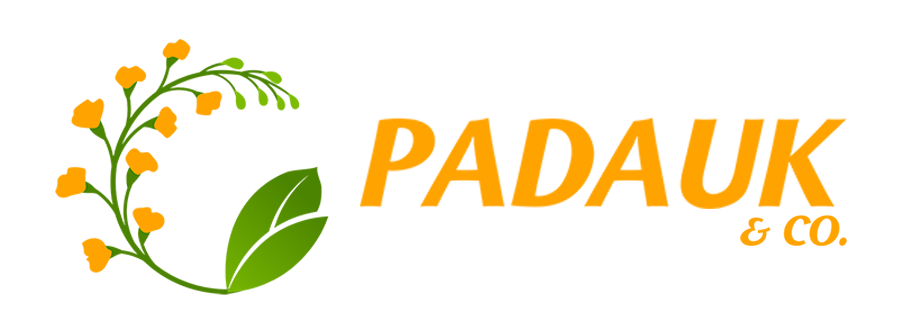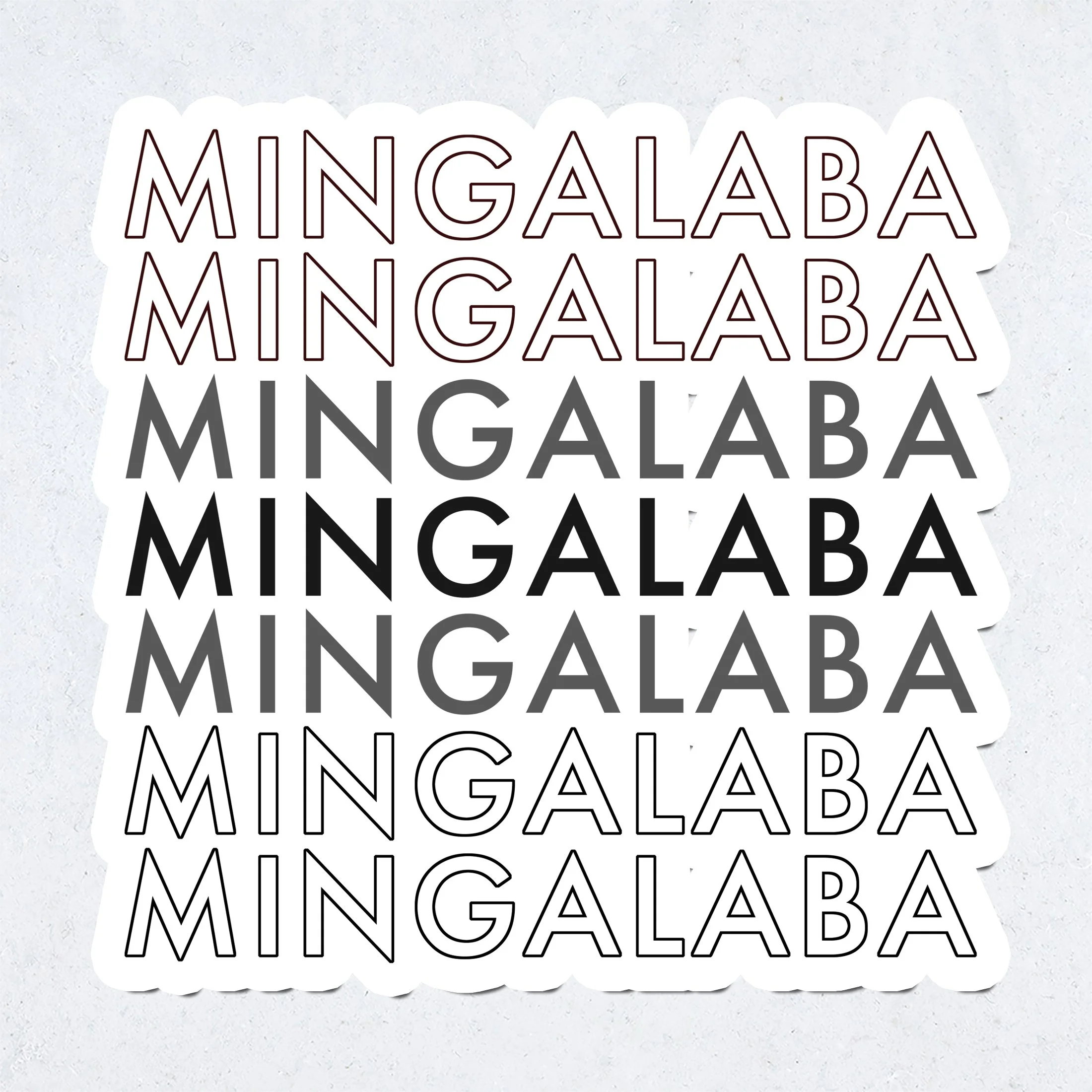Mingalaba (Greetings in Myanmar) | Eco Tote Bag
With our Eco Tote Bag, you can mix trendy and stylish while being eco-conscious! This organic cotton twill tote bag has a roomy (extra-large) interior that be used for storing and carrying groceries, books and so much more. Combined it with the bold and charismatic designs reflecting Myanmar’s intriguing culture and heritage, this tote bag could be your perfect companion for your daily activities.
Type: Organic Cotton Everyday Tote
Printing Method: Direct-To-Garment (DTG)
Exclusively designed for you by talented Myanmar designers and creative minds.
With our Eco Tote Bag, you can mix trendy and stylish while being eco-conscious! This organic cotton twill tote bag has a roomy (extra-large) interior that be used for storing and carrying groceries, books and so much more. Combined it with the bold and charismatic designs reflecting Myanmar’s intriguing culture and heritage, this tote bag could be your perfect companion for your daily activities.
Type: Organic Cotton Everyday Tote
Printing Method: Direct-To-Garment (DTG)
Exclusively designed for you by talented Myanmar designers and creative minds.
With our Eco Tote Bag, you can mix trendy and stylish while being eco-conscious! This organic cotton twill tote bag has a roomy (extra-large) interior that be used for storing and carrying groceries, books and so much more. Combined it with the bold and charismatic designs reflecting Myanmar’s intriguing culture and heritage, this tote bag could be your perfect companion for your daily activities.
Type: Organic Cotton Everyday Tote
Printing Method: Direct-To-Garment (DTG)
Exclusively designed for you by talented Myanmar designers and creative minds.
Product Features
100% Certified Organic Cotton 3/1 Twill
Fabric Weight: 8 oz/yd² (272 g/m²)
Cotton rope handles with cream sheeting interior lining
Weight Limit": 30 lbs (13.6 kg)
Every product went through a 3-step quality check system
Organic cotton products are farmed using organic compost that uses biological pest control. No synthetic substances or genetic modifications were used during the production of this blank product.
Size & Fit
Length: 16” (40.6cm)
Width: 14 1/2” (35.6)
Depth: 5” (14 cm)
Handle Strap: 1” (2.5 cm) wide dual straps. 12 1/4” (31.1 cm)
-
Delivery
Standard (United States) | 5-7 Business Days
Standard (Canada) | 7-10 Business Days
Standard (Rest of the World) | 10-14 Business Days
Direct Shipment from Myanmar | 10-20 Business Days
To ensure quality and customer satisfaction, we use various Suppliers and Fulfilment Partners for our products and orders. As such, delivery times provided here are estimated and might differ based on the number of products in the order to be processed and fulfilled.
You will see the available shipping method and delivery costs in the order checkout.
Order Production
Items are made to order and typically ship within 2-3 business days.
Items sourced directly from Myanmar typically ship within 5-7 business days.
Returns
Return requests can be made within 30 days of your item(s) delivery. Terms & Conditions Apply.
For more information please visit Delivery & Returns.
-
Machine wash cold, inside-out, gentle cycle with mild detergent and similar colors. Use non-chlorine bleach, only when necessary. No fabric softeners.
Remove all items from the bag before cleaning.
Spot clean visible stains with stain remover.
Tumble dry low, or air dry for longest life.
Cool iron inside-out if neccessary. Do not iron decoration.
Do not dry clean.
-
Mingalaba (Greetings in Myanmar)
Mingalaba (Burmese: မင်္ဂလာပါ; MLCTS: mangga.lapa [miɴɡa̰làbà]; variously romanised as Mingalarpar, Mingalabar, or Mingalar par) is the formal Burmese greeting."
It is typically accompanied by a slight bow, or more formally, an Añjali Mudrā gesture, wherein the palms are folded together. The phrase "Mingalaba" is typically rendered in English as "may you be blessed" or "auspiciousness to you."
Much like the Thai greeting, Minngalaba is a relatively modern creation. The phrase first emerged during British rule in Burma in the 19th to 20th centuries, coined as the Burmese language equivalent to 'hello' or 'how are you.'
In the late 1960s, the Burmese government institutionalized the phrase in the country's educational system. Burmese pupils now greet their teachers with Mingalaba at the beginning of each school day.
Mingalaba itself is a phrase, decomposed into Mingala + ba. The first word "Mingala" (မင်္ဂလာ) originates from the Pāli term maṅgala, which means auspicious, lucky, prosperous, or festive.
The word also appears in a well-known Buddhist sutra called the Maṅgala Sutta. Burmese culture recognizes Twelve Auspicious Rites or "Mingala." In Burmese, "Mingala" is affixed to several Burmese terms, including "to wed" (မင်္ဂလာဆောင်) and "housewarming" (အိမ်တက်မင်္ဂလာ).
The second word, "ba" (ပါ), is a grammatical particle suffixed to Burmese verbs to denote politeness.


















